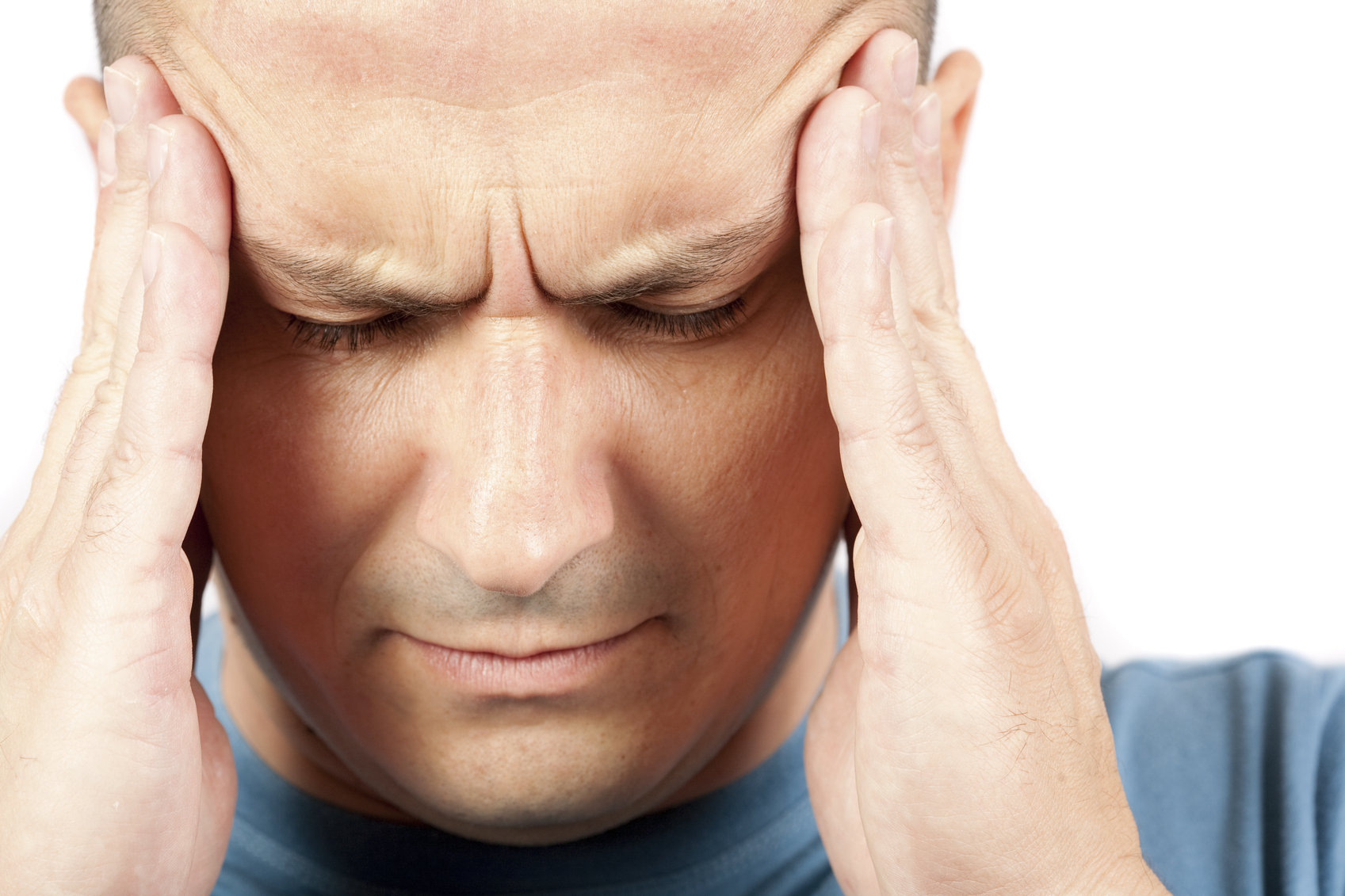About Acromegaly

A rare clinical syndrome, Acromegaly is caused by an excess of growth hormone (GH) being secreted by the pituitary gland. It’s believed there are approximately 6,000 people in the UK with this condition
Growth hormone stimulates the liver to produce another hormone (IGF-1) which in turn causes the growth of muscles, bones and cartilage.
Acromegaly is typically diagnosed when patients are aged between 40 and 45 years but, because progression is very slow, diagnosis is often 12 years from the actual onset. This is usually established by looking at old photographs. When present in children it can result in gigantism.
The Cause
In nearly all cases patients present with benign tumours of the pituitary gland. These are described as a “microadenoma” - less than 1cm or a “macroadenoma” - more than 1cm. Sometimes this disease runs in families although most benign tumours are not inherited - these usually spontaneously develop
Symptoms
60% of patients eventually have headaches and 10% have visual symptoms secondary to a pressure effect of a large tumour on the optic nerve. They can also have the following symptoms which are all the result of the excess growth hormone secretion:
- Enlarged and swollen hands and feet
- An enlarged jaw and brow
- Larger than usual lips, tongue and nose
- Widely spaced teeth
- Thickened, coarse and oily skin
- Skin tags
- A degeneration and enlargement of the joints causing pain in ankles, knees, hips and spine
- Fatigue and weakness
- Lowered libido
ff the normal pituitary is affected, and consequentially there are low sex hormone levels, women frequently suffer from abnormal periods and men from erectile dysfunction .
Increased risks
40% to 50% of Acromegaly patients have sleep apnoea caused by the enlargement of the soft tissues in the larynx and pharynx.
Patients appear to be at increased risk for polyps in the colon, colon cancer and other tumours.
Uncontrolled acromegaly is associated with insulin resistance which leads to diabetes in 10-15% of cases, and impaired glucose tolerance in a further 50%.
Acromegaly patients may experience arthritis as a result of the bone overgrowth.
They may also experience high blood pressure and chronic disease of the heart muscle, indeed this is the main cause of mortality.
Diagnosis
Once a patient is suspected to have acromegaly, the next steps are biochemical testing to confirm the clinical diagnosis, and imaging to determine the cause of the excess GH secretion.
Treatment
The main biochemical aim is to lower the serum IGF-1 concentration to normal levels this should increase life expectancy and help with some symptoms but unfortunately bony abnormalities generally remain and joint symptoms persist.
Surgery is the treatment of choice with GH secretion falling to normal in about 80-90% of patients with microadenomas and with the pituitary secretion of their other hormones being preserved.
The success rate falls to less than 50% where patients have macroadenomas (more than 10mm in diameter) or higher serum GH concentrations before the operation
Several medications are now available for treating acromegaly, including some that inhibit GH secretion and one that inhibits its action.
When surgery alone has not been effective pharmacologic treatment is used but the efficacy of drugs alone has not been clearly established.
External beam radiation therapy is effective in reducing the size of benign tumours and in decreasing GH and IGF-1 concentrations - often to normal, but since this usually takes years to occur and it’s mainly used for patients whose disease is not controlled by surgery or medical therapy.
If you are looking for support and advice about this condition you might like to get in touch with The Pituitary Foundation
Although every effort is made to ensure that all health advice on this website is accurate and up to date it is for information purposes and should not replace a visit to your doctor or health care professional.
As the advice is general in nature rather than specific to individuals Dr Vanderpump cannot accept any liability for actions arising from its use nor can he be held responsible for the content of any pages referenced by an external link.










